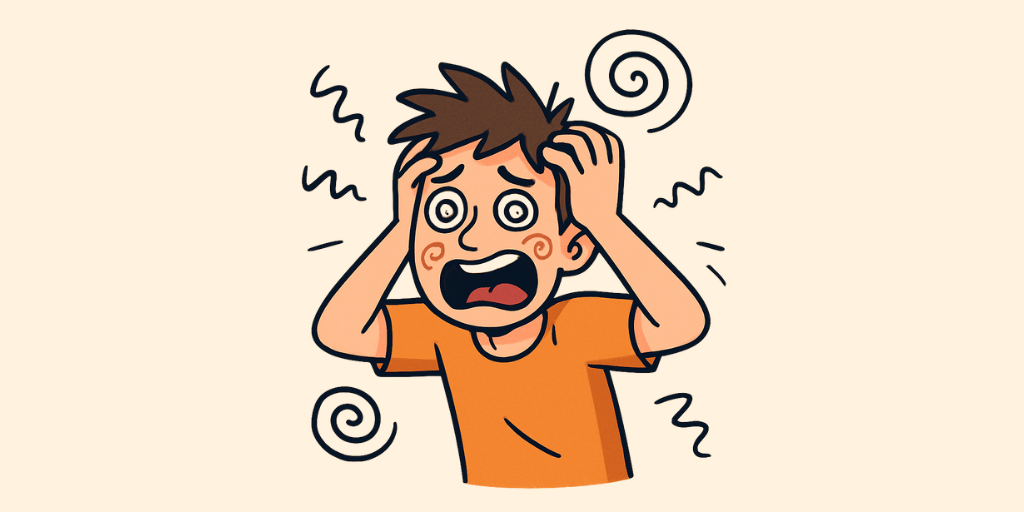Ayurvedic Name: Unmad
Description:
Unmad refers to insanity or mental disorders. It is resulting from an imbalance in all three doshas, which leads to disturbances in cognition, perception, and behavior. Ayurvedic texts describe symptoms such as confusion, aggression, depression, and hallucinations. Treatment involves herbal formulations to calm the mind, detoxification therapies, and yoga to improve mental clarity and emotional stability.
Signs & Symptoms:
- Apasmara (Epilepsy): Sudden, recurrent seizures and loss of consciousness.
- Vata Dosa: Vāta disorders can lead to erratic brain function and convulsions.
- Pitta Dosa: Aggravated Pitta leads to heat in the brain, causing seizures.
- Kapha Dosa: Excess Kapha may contribute to neurological disturbances and loss of consciousness.
Diagnosis:
Psychiatric Evaluation or MRI Scan
Risk Factors:
- Dietary Factors: A diet high in processed foods, alcohol, and unhealthy fats can contribute to the development of mental disorders, including Unmad. Lack of nutrients like omega-3 fatty acids and antioxidants can affect brain health, making individuals more prone to psychological imbalances.
- Lifestyle Factors: Excessive stress, lack of sleep, and exposure to negative environments can trigger mental health issues like Unmad. A sedentary lifestyle and lack of physical exercise can also affect mental clarity and emotional balance.
Complications:
- Mental Imbalance (Unmad): Disturbance in mental faculties leading to confusion, hallucinations, or delusions.
- Memory Loss (Smriti Bhanga): Difficulty in recalling information or retaining memories due to mental imbalance.
- Aggression (Prakopa): Increased irritability or violent behavior due to emotional and mental disturbances.
Epidemeology:
Unmad (Mental Disorders) includes a range of conditions such as schizophrenia, bipolar disorder, and severe depression. Mental disorders are increasingly prevalent worldwide, with stress, genetic predisposition, and environmental factors contributing to their rise. The condition affects both men and women, with women being more likely to suffer from mood disorders and men being more affected by conditions like schizophrenia.

